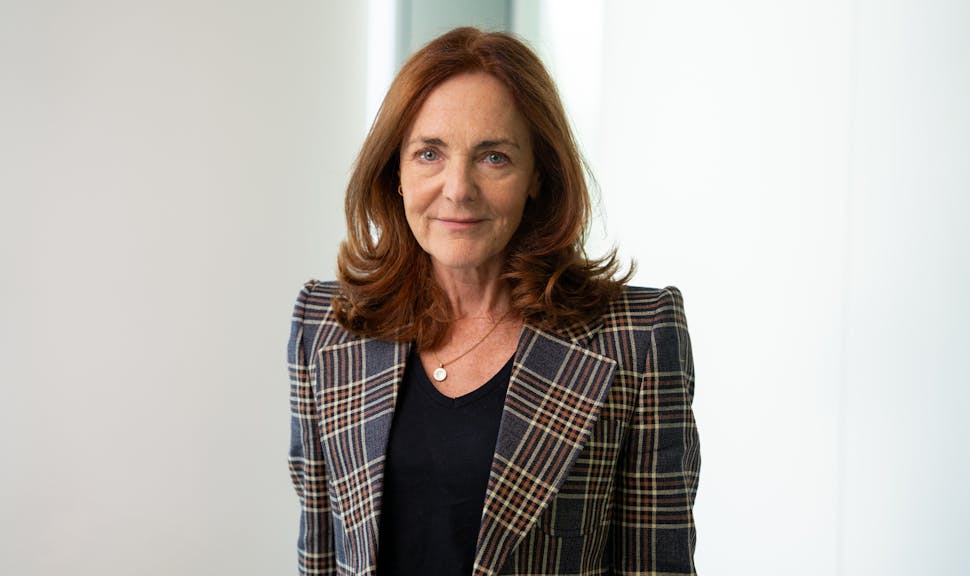
May 28, 2024
AXA Climate and ClimateSeed join forces to accelerate decarbonization and adaptation to climate change
This strategic partnership combines ClimateSeed's technology with AXA Climate's expertise in emissions measurement and reduction, climate change adaptation and climate contribution.
3 minutes
Antoine Denoix, Chief Executive Officer of AXA Climate, and Sébastien Nunes, President of Climate Seed, tell us more about this partnership.
Why is it crucial for companies to set and achieve decarbonization goals?
Antoine Denoix: It is crucial for companies to set and achieve decarbonization goals to increase their own business resilience (they better understand and manage their value chain and are more aware of the blind spots), to anticipate regulatory constraints (e.g. cost of carbon), to walk the talk and lead by the example, in line with increased market / customers maturity.
Sébastien Nunes: Decarbonization enables companies to comply with regulations and meet the growing expectations of stakeholders. When integrated into a company's business strategy, it creates a competitive advantage and ensures long-term business sustainability. Decarbonization can drive innovation and transformation, making the company more attractive to investors and other stakeholders.
What are the priorities and key steps you would recommend for companies to effectively reduce their GHG emissions and improve their resilience to climate change? Can you share concrete examples?
Antoine Denoix: Measure GHG emissions, getting the initial, right, orders of magnitude. Then, focus on the most material categories, deep-dive to get a better understanding of their impact, and develop a step-by-step roadmap to decarbonize focusing on these - based on the 80:20 rule or Pareto's law, stating that for many outcomes, 80% of consequences come from 20% of causes. In this case, for GHGs, focus on 20% of the sources that generate 80% of the emissions. The roadmap shall generate quick wins
to create momentum, and then expand to tackle more structural initiatives: technological / business improvements requiring significant Capex, re-thinking of their value chain, engagement with suppliers, and - eventually - re-think their business models. It is also important to generate buy-in and ownership from the beginning (through training).
Sébastien Nunes: Carbon footprint analysis helps identify the most significant sources of emissions. To effectively reduce them, it is crucial to pinpoint the specific categories of emissions to target. The company should then set clear objectives, allocate a budget, and establish a timeline. For greater effectiveness, it is important to involve key stakeholders within the company’s value chain to address indirect emissions. Reporting, collaboration, and communication with stakeholders are key to success.
How will the partnership between ClimateSeed and AXA Climate provide global solutions to improve organizations' resilience to climate change and support them in their efforts to reduce GHG emissions ?
Antoine Denoix: This partnership will be a unique opportunity to leverage AXA Climate’s expertise (consulting, training, etc.) and innovative DNA, combined with ClimateSeed’s state-of-the-art digital platform and their knowledge of climate contributions to go further. Why ClimateSeed and not just another platform
(there are plenty)? Because we can have a real collaboration and innovate with ClimateSeed, as we are eventually both part of the AXA galaxy
. We can transparently join efforts, align development initiatives - including new features of the platform - and fully adapt the solution to our customers’ needs (as opposed to applying
an existing platform with a bit of consulting on top).
Sébastien Nunes: This strategic partnership combines the expertise and technology of ClimateSeed, including the use of AI, with the innovation and know-how of AXA Climate. Together, we cover the entire GHG emissions value chain, addressing the needs of both emerging and advanced corporations. Our climate actions extend beyond a company's value chain, encompassing a portfolio of impactful carbon removal and avoidance projects. This collaboration enables AXA to offer its clients a complete and innovative range of climate solutions.



